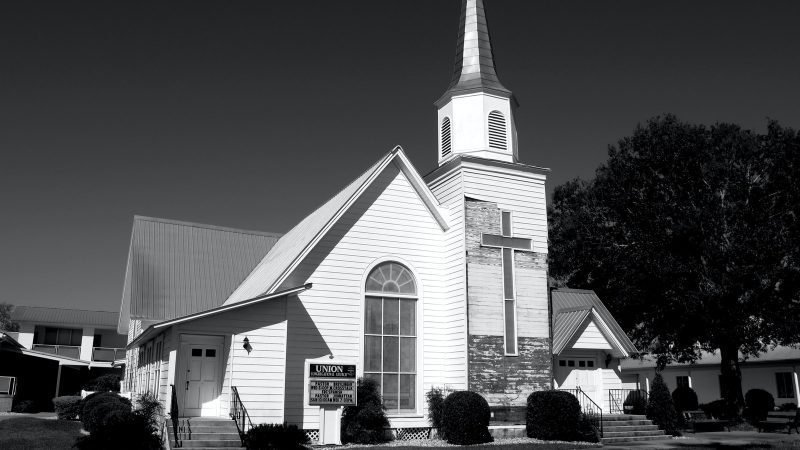I sometimes hear folks refer to “the Anglican Church”. Is there such a thing?
No. There is no Anglican Church.
There is no Baptist Church, Presbyterian Church, or Methodist Church. These are families of churches. There are certainly Baptist and Presbyterian and Methodist churches, but those churches are not monolithic. Neither is Anglicanism monolithic–there is no single Anglican Church.
Think about it for a moment. How many Baptist groups do you know about? To name a few: American Baptists, General Baptists, Northern Baptists, Southern Baptists. Some of those are types of Baptists, not single denominations. For example, there is both the “American Baptist Association” and the “American Baptist Churches in the USA”: both would claim to be American Baptists. General Baptists make up at least five denominations. By the way, I’m only referring to a few Baptist groups in the United States; there are even more in other countries.
In North America, there are several denominations that claim Anglican heritage: the Episcopal Church, Anglican Church in North America, Anglican Orthodox Church, United Episcopal Church, Anglican Church in America, Anglican Province of America, Anglican Church of Canada, and others. In the United Kingdom, there is the Church of England, Scottish Episcopal Church, Free Church of England, and others. And there are dozens more throughout the world.
Of course, there is a great argument to be made that some groups are only so-called Anglicans because they have long since abandoned the Protestant and Reformed nature of Anglicanism. That’s a topic for another day.
My point is that there is no single worldwide Anglican denomination. Yes, there is something known as the Anglican Communion, which includes a lot of Anglican denominations from around the world–but not every Anglican group is part of the Anglican Communion. There is no Anglican Church.
I recommend that, instead of referring to “the Anglican Church”, we speak of “Anglicanism” or “Anglican churches”.



I cannot comment about other Protestant Church traditions but the diversity within the Anglican fold stems from the attempt by the Church of England to forge a national church that was comprehensive while eschewing the extremes in doctrine and churchmanship. The Anglican consensus started to break down in the 19th Century. Anglicanism today reflects a breakdown of irreconcilable differences in the understanding of the authority of Scripture, Confessions, and tradition.
I would say you have it nailed. The attempt over the years to gloss over major differences in Anglican style, BCP versions, and Biblical authority were at best a band aide approach. At the worse, a gross oversimplification of real doctrinal issues. “Anglican churches” or “Anglicanism” are far more accurate terms.
I think you are both accurate in your assessment. Sadly, many have departed from the Protestant and Reformed nature of Anglicanism. They have attempted to remake Anglicanism as a “wax nose” to be bent according to their preferences. Anglocatholicism, in particular, has gravely wounded Anglicanism, and confessing Anglicans are trying to heal the wound. Faithfulness to the Bible, to the Articles, and to Protestant principles are essential.
There is an irony about Anglo-Catholicism in that Bishop Charles Gore of Lex Mundi adopted the destructive German higher criticism of the Bible that previous Anglo-Catholics such as Liddon rejected. This paved the way for what was called “liberal Catholicism” in the Church of England while taking the Evangelical Protestants in the Church of England decades to join the Anglo-Catholics in this undermining of biblical authority for the Church. Your blog would add much to the discussion by holding contributors to an honest understanding and interpretation of Anglican Church History that is free of partisan bias.